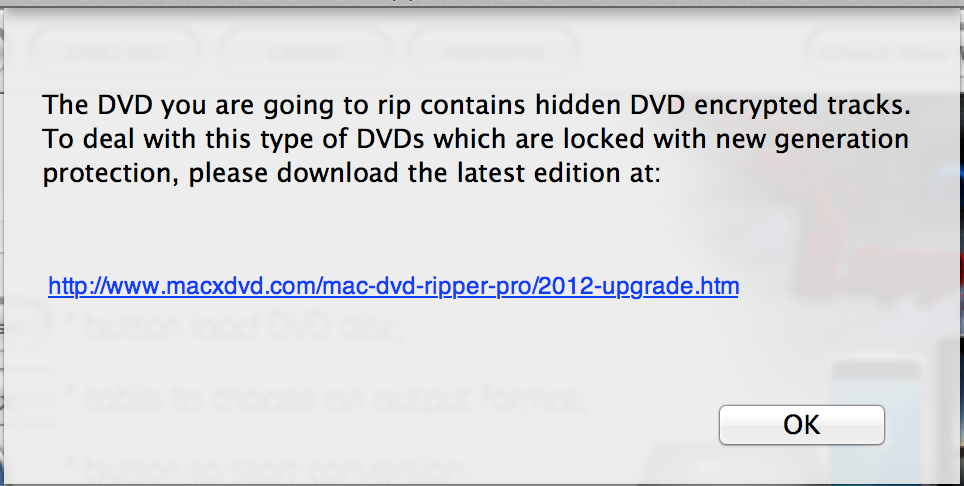It seems ESTsoft leaked personal information. How can I tell? Well, continue reading…
Yesterday I received spam on a unique e-mail address I only ever used to communicate with ESTsoft, makers of ALzip.
So they either had a security incident where customer data was stolen, or they deliberately passed (possibly “sold”) my e-mail address to a third party.
I tried to contact them, but eventually they’re no longer in business because their support e-mail address does no longer exist. See below non-delivery notice:
Delivery has failed to these recipients or groups:
support@estsoft.com
The email address you entered couldn’t be found.
Is there anyone out there who have similar experience with that company? If so, I’d like to hear from you…
